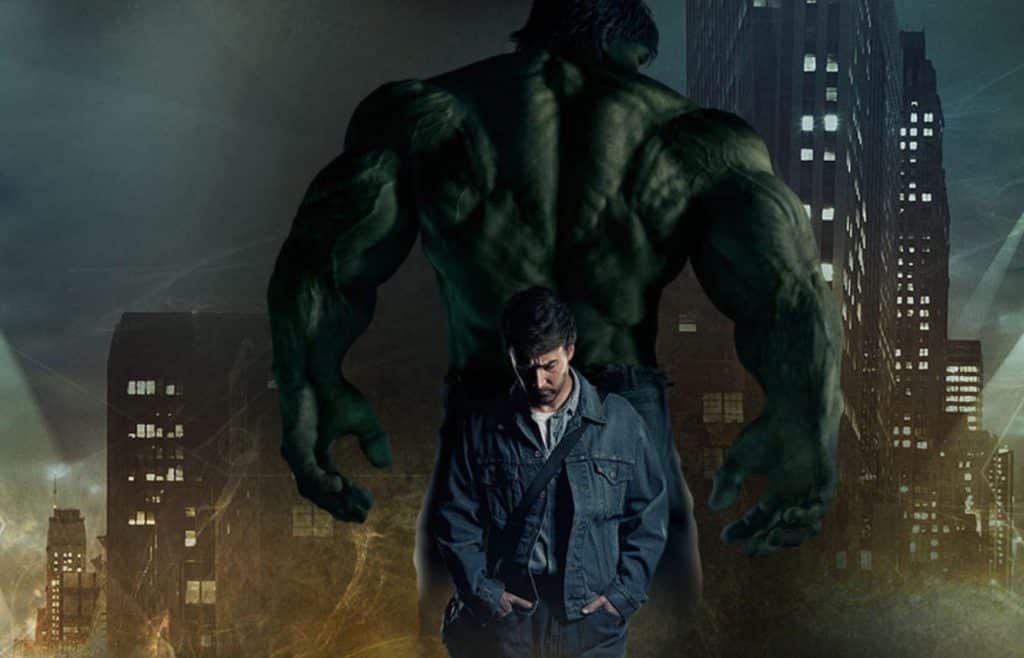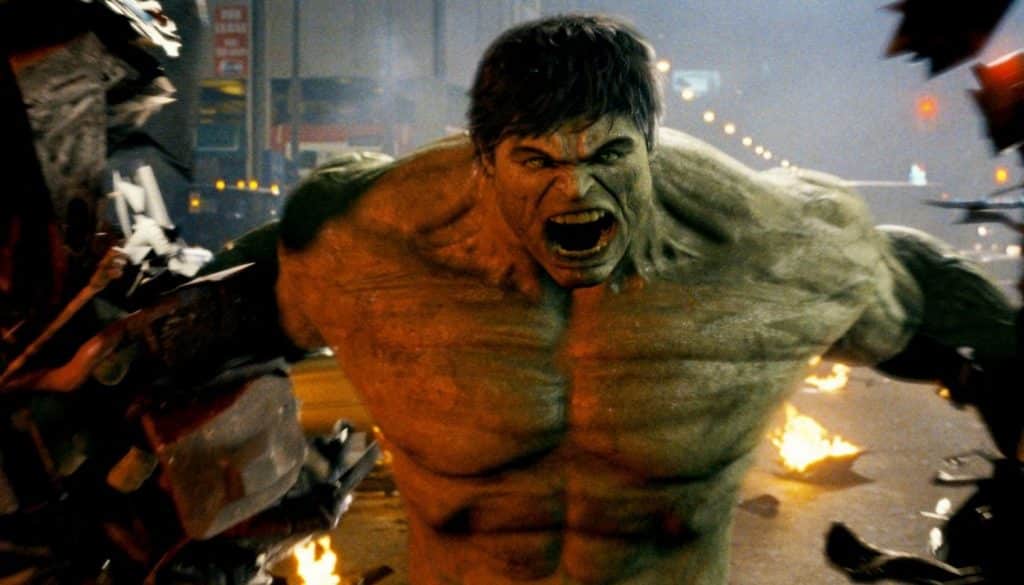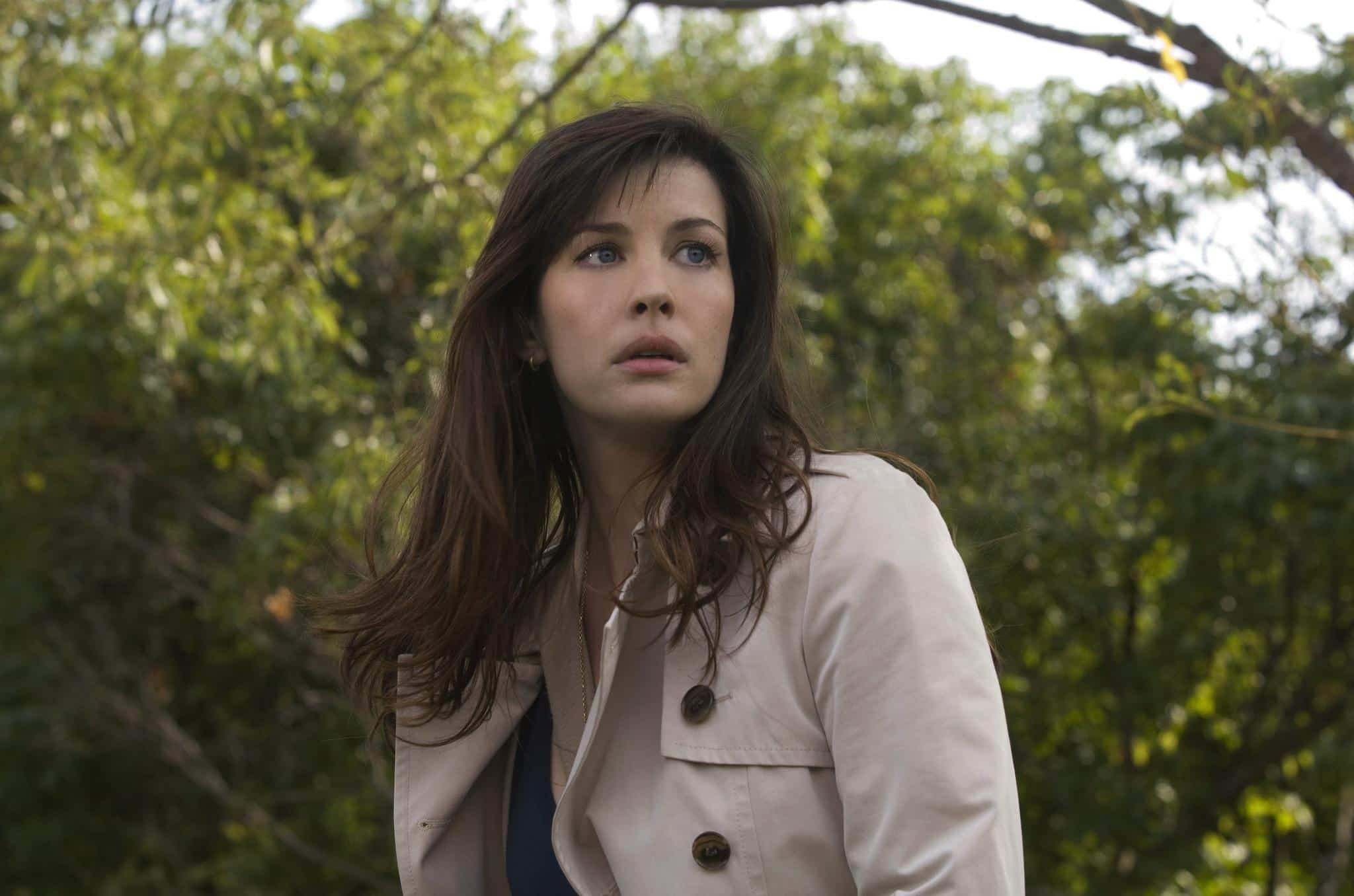After a decade of steadily capitalizing on a string of creative successes, and becoming one of the biggest movie franchises of all time, it’s easy to forget that the Marvel Cinematic Universe started out its life as something of a fairly desperate gamble. It’s also easy to forget about 2008’s The Incredible Hulk, which starred Edward Norton instead of Mark Ruffalo as the title character.
Prior to the success of Iron Man, Marvel’s track-record of converting their comic book properties into movies was pretty much dismal. Whilst the characters they packaged up and handed to other studios tended to perform well, Marvel’s attempts with the likes of Ghost Rider, Fantastic Four and Daredevil failed to connect with wider audiences.
Of course, the gamble did pay off, and then some. In May of 2008, Robert Downey Jr. and Jon Favreau rewrote the rules of making a comic book movie, and opened the door to a decade of untold success and riches. What people often fail to remember is that just six weeks later, the next MCU movie was released, and failed to perform anywhere near as well as its big brother.
Maybe it was the fact that Iron Man was still showing in cinemas. Maybe it was the fact that the character wasn’t as new and exciting as the others who had just been announced for he company’s Phase One. Whatever the reason, with Norton left the franchise following the film’s relatively poor reception, saying the following back in 2015:
“My feeling was that I experimented and experienced what I wanted to. I really, really enjoyed it. And yet, I looked at the balance of time in life that one spends not only making those sorts of films but then especially putting them out, and the obligations that rightly come with that … I think you can sort of do anything once, but if you do it too many times, it can become a suit that’s hard to take off, in other people’s eyes.”
Marvel fans have a tendency to forget that The Incredible Hulk actually is an MCU movie – and a bloody important one at that…
The Incredible Hulk is in fact one of the most typically MCU movies of the whole series. It features one of the first, and arguably most famous post-credits sequences, acting as a blueprint for future MCU projects. It’s also absolutely crammed with in-jokes and Easter Eggs. From the SHIELD files and technical specs in the opening credits, to the first look at the Super Soldier serum, and the use of the sonic weapons that would eventually be miniatured for War Machine’s armor. It’s all there…
How does it shape up now, re-watched a decade later? Very much a mixed bag, to be truthful. The satisfying feeling of spotting the themes and teasers that would go on to reappear in the future movies is heavily offset by a relatively weak script, and a poor supporting cast. It also suffers from classic Marvel villain issues.
Tim Roth gives it his all, and in the early stages is convincing as the sinister Emil Blonsky. But at the time of filming he was in his mid 40’s and a poor physical fit for the role. The fact he’s inexplicably English, and then subsequently gets rendered into a completely CGI character, via some fairly absurd fight sequences does little to assist him.
Still, the slightly lazy portrayal of Blonsky isn’t quite as wounding as the deployment of other iconic Marvel supporting characters. Liv Tyler’s paper-thin portrayal of Betty is painfully typical of how female characters were portrayed at the time. The inclusion of both Doc Sampson and Samuel Sterns are both relatively pointless and misguided, essentially relegating both characters from any future MCU movies.
Still, there’s a lot to love here, with the Brazilian scenes wonderfully re-capturing the lonely and nomadic themes of the Bill Bixby TV show. The action sequences are engaging and exciting to watch, with the college assault still up there with the best fight scenes that the MCU has provided us with.
Ed Norton makes a great Bruce Banner, every bit as uncomfortable and yet still humorous as the Mark Ruffalo version. He would easily have been as popular and successful had he remained in the franchise, and it’s a shame that his obvious passion for the project bought him into conflict with the studio. William Hurt also still impresses as the dogged and determined Thaddeus Ross. A clear fan favorite, it’s no surprise he bagged the post-credits sequence and a return to the role for Captain America: Civil War.
With all the other supporting Marvel material, promotion and movies that have come along since it’s release, The Incredible Hulk is really a victim of her time. Audiences were far less forgiving then than they are now (though try telling that to the DCEU), and had it perhaps been held back for a 2009 release, with the appropriate hype and promotion it deserved, the MCU might look a little bit different now.



